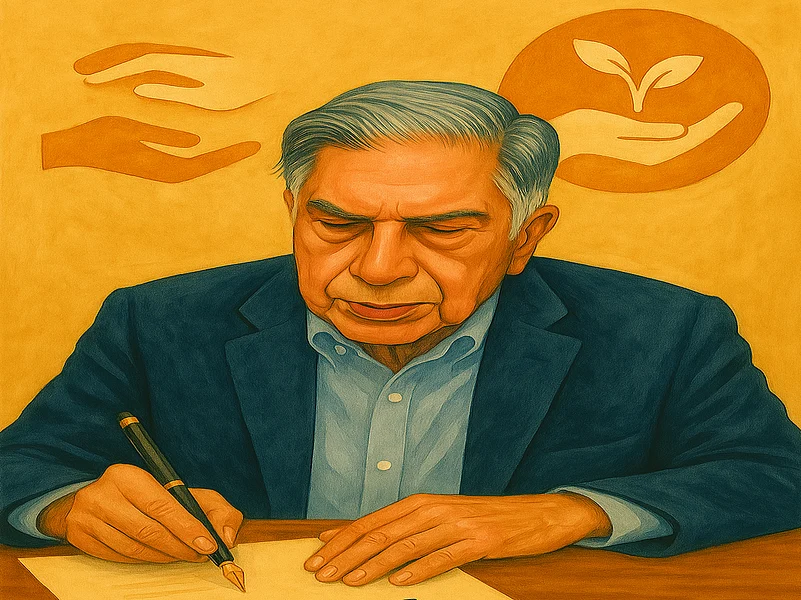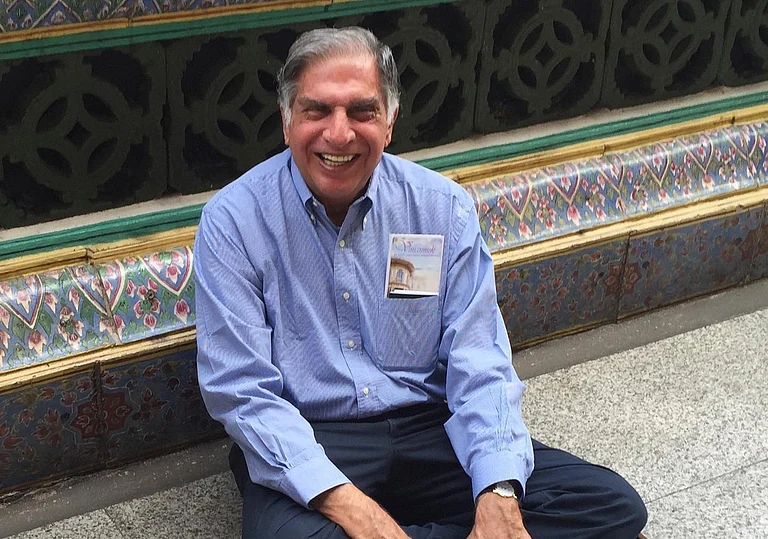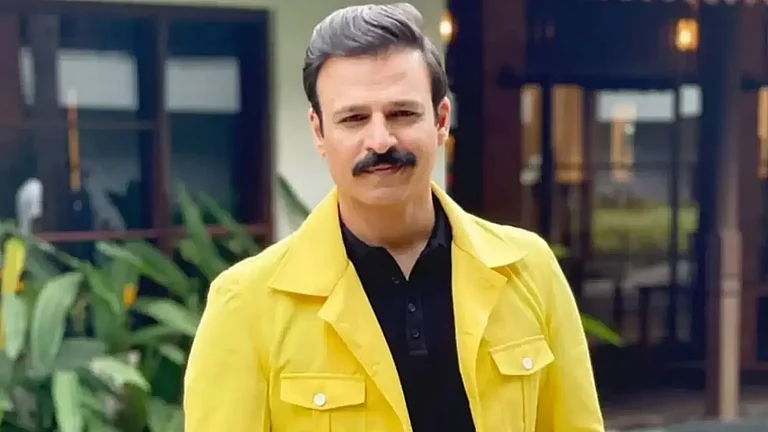The Will of the late industrialist Ratan Tata is a testimony of his philanthropic attitude, ensuring that everyone who had a meaningful impact on his life benefitted in some way. Even though he meticulously wrote the Will and amended it four times later to ensure it remained relevant, there remained some confusion. It was about the listed and unlisted shares he owned. These were not mentioned in the Will and, thus, needed clarification or a legal interpretation for a valid settlement. It was clarified by the Bombay High Court during the Probate proceedings last week.
Justice Manish Pitale clarified the confusion regarding share settlements and who will receive them if they are not explicitly mentioned in the Will. The court said, “The court noted that “listed and unlisted shares of the deceased not specifically covered elsewhere in the Will form part of the rest and residue of his estate and stand bequeathed to Ratan Tata Endowment Foundation and Ratan Tata Endowment Trust in equal shares absolutely.”
The confusion happened because, after the fourth Codicil, the clause included in paragraph 13 mentioned the rest and residue and unlisted and listed shares, which was not specifically mentioned anywhere else in the Will and thus not bequeathed explicitly to anyone. Notably, certain shares were mentioned in other clauses (Clause 4 and 8) as financial properties and bequeathed to his sisters, Shireen Jejeebhoy and Deanna Jejeebhoy, and his confidant Mohini Mohan Dutta.
Here is the clause that created the confusion.
• Clause 13 (A) of the Will dated February 23, 2022, mentioned that the rest and residue are to be distributed among the charity and the beneficiaries (as specified in the Will).
• However, Clause 1 of the fourth Codicil dated December 22, 2023, mentioned that the rest and residue of estate, both movable and immovable including listed and unlisted shares and property or assets which are not specifically covered elsewhere in the Will, to be bequeathed to Ratan Tata Endowment Foundation and Ratan Tata Endowment Trust in equal shares absolutely.
What Is Codicil?
“It is relevant to note here that Section 2(b) of the Indian Succession Act, 1925, defines Codicil to mean an instrument made in relation to a Will, and explaining, altering or adding to its dispositions, and shall be deemed to form part of the Will”, explained the court during the proceeding.
So, the confusion was about the clause in the earlier Will and the changes in it later on. Note that the parties did not contend; they only sought clarification to interpret the Will and Codicil.
How Many Times Did Ratan Tata Amend The Will?
The late industrialist executed his Will for the first time on February 23, 2022. He made changes to the original Will four times later, on April 6, 2022, September 30, 2022, March 24, 2023, and December 22, 2023.
The Court Interpretation:
To clarify the confusion, the court referred to an earlier judgement of the Supreme Court, according to which Codicil prevails over a Will. It held, “It is clear that the Codicil while altering or adding to the dispositions under the Will is deemed to be forming part of the Will and the original Will has to be considered with the alterations introduced by the Codicils.”
It said, “Clause 1 of the fourth Codicil substitutes only clause A of paragraph No.13 of the Will, while clauses B, C, and D of paragraph No.13 of the Will continue to remain in force.”
The court noted that “listed and unlisted shares of the deceased not specifically covered elsewhere in the Will form part of the rest and residue of his estate and stand bequeathed to Ratan Tata Endowment Foundation and Ratan Tata Endowment Trust in equal shares absolutely.”
The court then disposed of the probate proceedings.


















